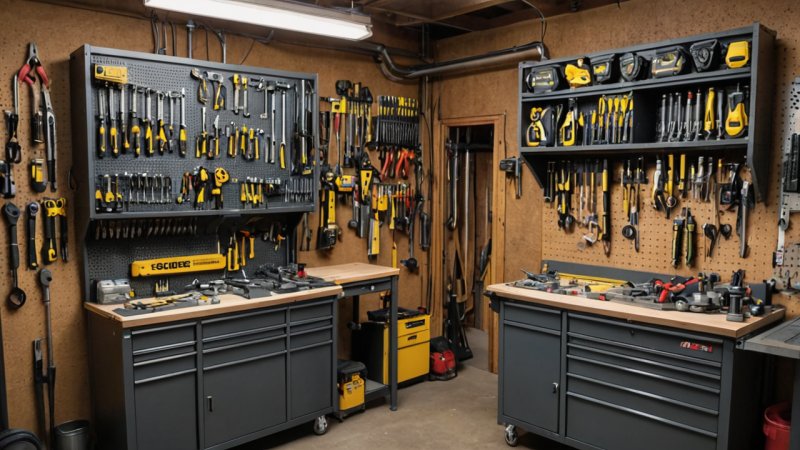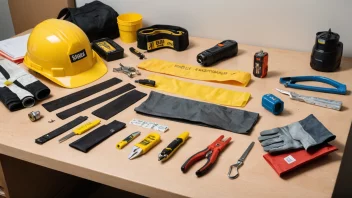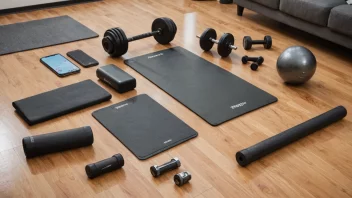When it comes to tackling DIY projects, having the right tools at your disposal is essential. For many DIY enthusiasts, the choice between modular tool systems and traditional tool sets can significantly influence both efficiency and effectiveness. In this article, we will break down the pros and cons of each system, helping you decide which approach aligns best with your projects and preferences.
Understanding Modular Tool Systems
Modular tool systems are designed to provide versatility through a range of interchangeable components. These systems often include a base unit that can accommodate various attachments, such as drill bits, saw blades, and other accessories. This design allows users to customize their tool setup based on the specific needs of a project.
Pros of Modular Tool Systems
- Versatility: The ability to switch out components means you can handle a wide variety of tasks without needing a full set of tools.
- Space-saving: Modular systems typically take up less space as they eliminate the need for multiple individual tools.
- Cost-effective: While the initial investment may be higher, the long-term savings from not needing to purchase additional tools can be substantial.
- Easy organization: Many modular systems come with storage solutions that keep your tools organized and readily accessible.
Cons of Modular Tool Systems
- Learning curve: New users may take time to understand how to effectively use and switch out attachments.
- Quality variation: The quality of attachments may vary, potentially affecting performance.
- Initial investment: The upfront cost can be higher compared to traditional tool sets.
Exploring Traditional Tool Sets
Traditional tool sets are collections of individual tools, often including a variety of hand tools, power tools, and accessories. These sets are usually designed for specific tasks and provide a straightforward solution for DIYers who prefer a more conventional approach to their tool collection.
Pros of Traditional Tool Sets
- Familiarity: Most DIYers are accustomed to using standard tools, making them easier to operate without a learning curve.
- Reliability: Traditional tools are often built for specific tasks, ensuring reliable performance for those purposes.
- Wider availability: Traditional tools are widely available in stores and online, making them easy to source.
Cons of Traditional Tool Sets
- Storage requirements: A complete set can take up significant space and may require dedicated storage solutions.
- Potential for redundancy: As projects change, you might find yourself purchasing new tools that overlap in function.
- Higher long-term costs: Over time, the need to buy additional tools can lead to higher expenses.
Key Comparison Points
1. Versatility
Modular tool systems shine in terms of versatility, allowing users to adapt their tools to different projects. Traditional tool sets, while reliable, may require multiple tools for varying tasks.
2. Space Management
If space is a concern, modular systems are more compact and organized, while traditional sets often require more room for individual tools.
3. Cost Efficiency
While modular systems may seem pricier initially, they can save money over time. Traditional tool sets may appear cheaper upfront but can lead to more purchases as your project needs expand.
4. Usability
For those who prefer straightforward usage, traditional tool sets may be more appealing. However, modular systems can offer a learning experience that pays off in versatility.
Conclusion
Ultimately, the choice between modular tool systems and traditional tool sets will depend on your individual needs, project types, and personal preferences. If you value versatility, space-saving design, and the ability to adapt, modular systems are a formidable option. However, if you prefer familiar, reliable tools that are easy to use without a learning curve, a traditional tool set may be the way to go. Assess your projects, storage capabilities, and budget to make the most informed decision for your DIY endeavors.






